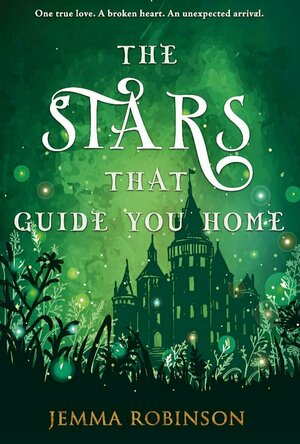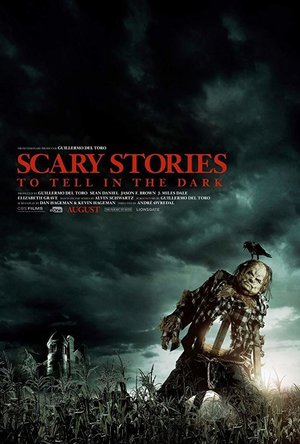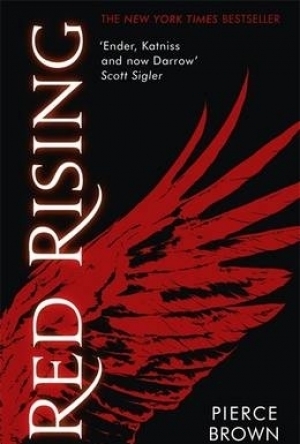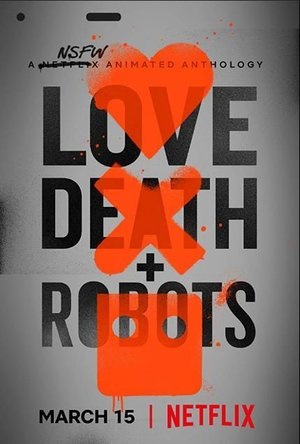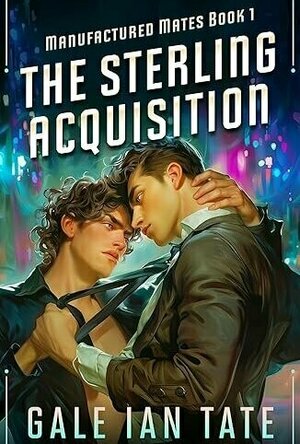
The Sterling Acquisition (Manufactured Mates #1)
Book
He came to steal a patent. He stole a person instead. In the Incorporated States of New America,...
Omegaverse Dystopian Science Fiction Dark MM Romance
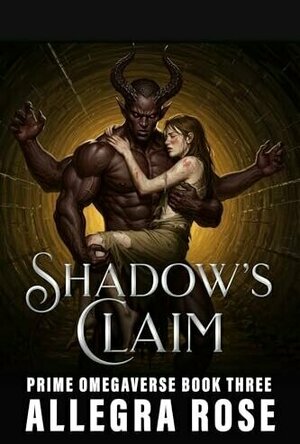
Shadow's Claim (Prime Omegaverse #3)
Book
She hid in shadows to survive. Now she belongs to one. For three years, Nova has played a...
Dub Con Omegaverse Fantasy Science Fiction Dark Romance Monster Romance
Lottie disney bookworm (1056 KP) rated The Stars That Guide You Home in Books
Oct 25, 2021
Just…wow.
Now I make no secret of the fact that I am a crier. Christmas TV ads, airport arrivals halls, old men crying, anything has the ability to set me off blubbing! So I am never entirely surprised when I start crying at a book, even my husband doesn’t mock me anymore. But this book? THIS BOOK had me crying the entire way through and just when you thought life for the characters couldn’t get any worse…Jemma Robinson says hold my coat!
Sophia and Tom live in a quaint little farmhouse in the town of Lowshore. Their life is a simple one but their happy marriage practically radiates from the page. However, Sophia never told her husband about her past and that past is about to catch up with her!
Whilst Tom is at work, Sophia is kidnapped from her happy home and forced to live the life that she tried so desperately to escape. Beaten, abused and powerless, Sophia manages to find two people worthy of her trust but will she ever escape? Can she ever regain the life that she used to have with Tom?
The beauty of this book is that it revolves around its characters. There is very little world building here but, honestly, it isn’t needed. Nothing matters to Tom and Sophia except one-another and that is reflected in Jemma Robinson’s writing style.
The characters themselves stay with you long after the final page: Sophia wears her heart on her sleeve, Tom is steadfast and passionately protective, James and Annalise are, in contrast, calm and collected individuals but Edmund is nothing short of a psychopath!
Edmund is no fairytale villain, despite the Lord Farquaad vibes I was getting from him. Robinson’s antagonist wouldn’t be out of place in Game of Thrones: he is truly revolting, controlling and revels in his absolute power over everything and everyone in his kingdom.
The Stars That Guide You Home is marketed as historical romance, not a fairytale, and with its medicine, photographs and labour camps then it does seem too modern to be considered a fairytale. However, I would argue that castles, arranged marriages, medieval torture and absence of any morally grey characters could push this into the category of dark fairytale.
There are a number of trigger warnings within this novel that I want to highlight. This is by no means a YA book – it is definitely Adult Fiction or New Adult at a push. These trigger warnings include rape, physical and mental abuse, animal cruelty, torture (in detail), kidnap, burns, suicide, miscarriage and general violence.
Dark fairytale still doesn’t seem enough… Sinister fairytale might just do it!
The Stars That Guide You Home is simultaneously beautiful, horrifying and inspiring. This book will break your heart over and over again and keep you coming back for more. Thank you to The Book Network for the opportunity to review this amazing novel, and thank you to Jemma, even though you did make me cry for 486 pages!
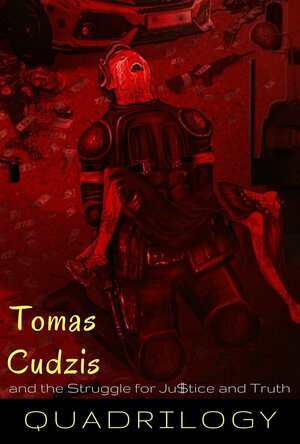
Tomas Cudzis and the Struggle for Justice and Truth: Quadrilogy
Book
Tomas’s sense of inferiority since his childhood has forced him to transform himself physically,...
thriller psychological thriller dark thriller
Gareth von Kallenbach (980 KP) rated Scary Stories to Tell in the Dark (2019) in Movies
Aug 9, 2019
The 80’s was a decade obsessed with the occult and works of fiction that parents thought were written to corrupt the minds of the youth of the age. Before video games were blamed for all the evil in the world there was Heavy Metal music, the fantastical role-playing games such as Dungeons and Dragons and books such as these that parents rallied around and attempted to ban from schools and after school functions. Looking back now at the hysteria that this caused is almost laughable, but for those of us growing up in that time it was a very real threat to the imaginations of youth around the globe. Outside of this brief history lesson however, I wondered how the books would translate into a movie.
Our story begins on Halloween night, the year is 1968 and the Vietnam War and the upcoming presidential elections are on everyone’s mind. Stella (Zoe Colletti) and her nerd friends Chuck (Austin Zajur) and Auggie (Gabriel Rush) decide that this will be the year that they get revenge on the local bully Tommy (Austin Abrams) for all his years of stealing candy from them on Halloween. After things go predictably wrong, the young group of kids are pursued to a drive-in theater where they seek refuge in a car that is owned by another out-of-town youngster named Ramon (Michael Garza). As thanks for “saving” them from a certain beating, Stella and the group decide to take Ramon to a real-life haunted house. A place where a young Sarah Bellows would tell stories to frighten children only for them to end up dead days later. While exploring the house the young group discover the hidden room of young Sarah Bellows and come across her book of “Scary Stories”. Unable to contain her own curiosity, Stella takes the book home with her and watches as the words on the pages turn into living nightmares of their own darkest fears.
Produced by Guillermo del Toro, Patrick Melton and Marcus Dunstan, Scary Stories takes a handful of fan favorites and weaves them into a “scary” story of their very own. Instead of simply being a collection of haunting tales, each one serves a purpose, whether it’s the “Red Dot” or “Harold”, each one is used to drive the story even further along. While at first, I was hoping that it would be a collection of short stories featuring these timeless classics, the way in which each individual story progresses the plot leads to a far more interesting experience overall.
Those looking for a movie filled with frightening tales that will have you reaching for the closest shoulder (whether you know who it belongs to or not) will be in for a bit of disappointment. That’s not to take away from the incredible amount of vision needed to bring these classic stories to life, but it takes on a far more contemporary feel, then the dark stories and supernatural visions of the books that came before it. The film comes away feeling more like Goosebumps and less like Freakshow which makes sense given its PG-13 rating and its obvious pre-teen to teen demographic. The movie is still fun however, particularly for those who fondly remember the stories from their youth and is one that will proudly sit beside the likes of Hocus Pocus when it comes to network television down the road as part of its likely Halloween line-up.
4 out of 5 stars
http://sknr.net/2019/08/08/scary-stories-to-tell-in-the-dark/
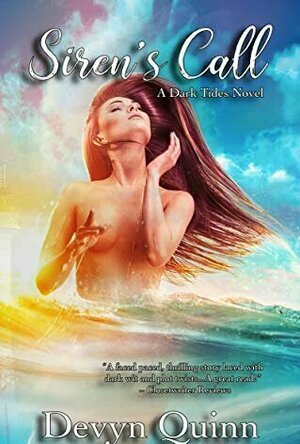
Siren's Call (Dark Tides #1)
Book
Between desire and love there are some things that can’t stay buried, even in the deep of the...
Kyera (8 KP) rated Red Rising in Books
Feb 1, 2018
The world that he knows is a lie. He is not the sacrificing pioneer his society led him to believe, but rather little more than a slave. His entire outlook and being is altered so that he may fight his way to the top, and maybe change the Society.
Darrow is filled with love for his people and his family, but does not understand the world at large. He must learn, and quickly, to fit into this new world without losing himself in the process. Each character in the book is unique and contributes differently to the story. Some force Darrow to question his resolve to the cause, others show him a different side of humanity, while a rare few make him wonder if all Golds are bad.
Mustang and Sevro are probably my two favourite supporting characters. Mustang is smart, strategic and caring even though she was not raised to be that way. Her father is the leader on Mars, so she led a sheltered but harsh childhood. Sevro is a strange human, but he grows on you over the novel and his dark humour is infectious.
The most fascinating parts of the book were when he was attending the Institute and proving that he had what it took to become a Peerless Scarred. It was almost a study on the absolute lowest that humanity can sink to, the darkness they can embrace when there are no consequences to their actions and the leaders that can rise despite it. It was disgusting and horrifying at times, but you cant put it down.
Relationships form and are torn asunder, lies build and fester, and humanity sinks lower. The book was well written and I kept picking it up, needing to know what happened next, despite the darkness. I would recommend it to older young adult/teen readers, or adults, who enjoy science fiction novels.
Louise (64 KP) rated Roald Dahl's Book of Ghost Stories in Books
Jul 2, 2018
The book consisted of 14 short stories, some longer than others and some quiet spooky whilst the others were just a bit dark.
Here is a list of the stories in the book:
W.S by L.P.Hartley
Harry by Rosemary Timperley
The Corner shop by Cynthia Asquith
In the Tube by E.F.Benson
Christmas meeting by Rosemary Timperley
Elias and the Draug by Jonas Lie
Playmates by A.M. Burrage
Ringing the changes by Robert Aickman
The Telephone by Mary Treadgold
The Ghost of a Hand by J.Sheridan Le Fanu
The Sweeper by A.M Burrage
On the Brighton Road by Richard Middleton
Afterward by Edith Warton
The Upper Berth by Marion Crawford
The scariest one for me was the Ghost of a hand, that could be because I was reading it at 1am in the morning with everyone asleep, the sounds of the house creaking and the wind outside added to the spookiness.
My top three are The Ghost of a Hand, Harry and Ringing the Changes,however they weren't great. I felt really let down by this selection of short stories, they didn't seem to have very satisfying ends and they were somewhat predictable.
Also there is an introduction from Roald Dahl himself stating that he read over 700 short stories trying to find the best, I seriously can't believe these were the best ones he found and then he was rambling on about women being better at writing ghost stories and men being better at general fiction which I felt was irrelevant but I suppose he had a certain amount of words to fulfil.
Maybe I am being a little harsh, seeing as the book is 30 years old and the stories are even older than that.
Let me know if you have read this book, and what you thought.
Overall I gave this 3 out of 5 stars
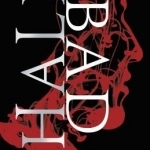
Half Bad
Book
Read our exclusive author interview here. Half Bad by Sally Green is a breathtaking debut novel...
Charlie Cobra Reviews (1840 KP) rated Love, Death & Robots in TV
Jul 7, 2020
Produced by different casts and crews, and consisting of 18 stand-alone episodes, each under 20 minutes, the title of the series refers to the recurring themes of love, death, and robots in each episode. Full of terrifying creatures, wicked surprises and dark comedy, it's a collection of animated short stories spanning several genres like horror, comedy, fantasy, and science fiction. Captivating stories come to life with world-class animation in a plethora of tales unlike anything else.
This series was wicked awesome. Reminded me of some of the other animated anthologies I've seen such as The Animatrix and Batman: Gotham Knight, except quite a bit more NSFW. This series also gave me a Twilight Zone vibe but bit darker. More blood and guts and highly sexual. Even though it's pretty graphic, I really liked a lot of the stories they told and the twists that most had in the end as well. Some are kind of hit or miss or just better than others but I think that there is definitely something for everyone despite the gore and nudity and language. I especially enjoyed the following episodes, 1. Sonnie's Edge, 8. Good Hunting, 10. Shape-Shifters, 13. Lucky 13, and 18. Secret War. The way they went about the story telling and world building in each episode was phenomenal. I really feel that some of these episodes deserve their own individual films or series to do them better justice. I mean some were just so good and less than 20 minutes felt like not enough or that they could have been even better. I give the entire series overall a 9/10.
